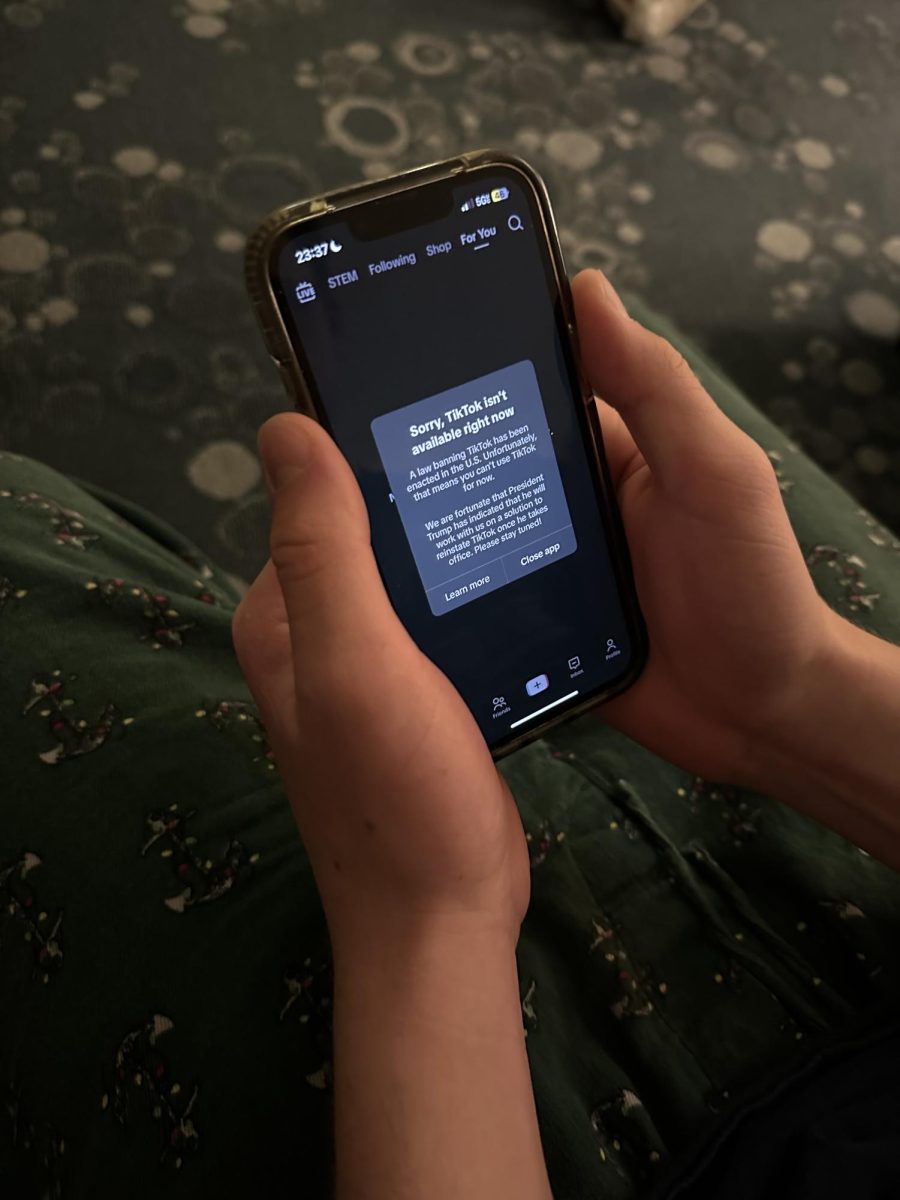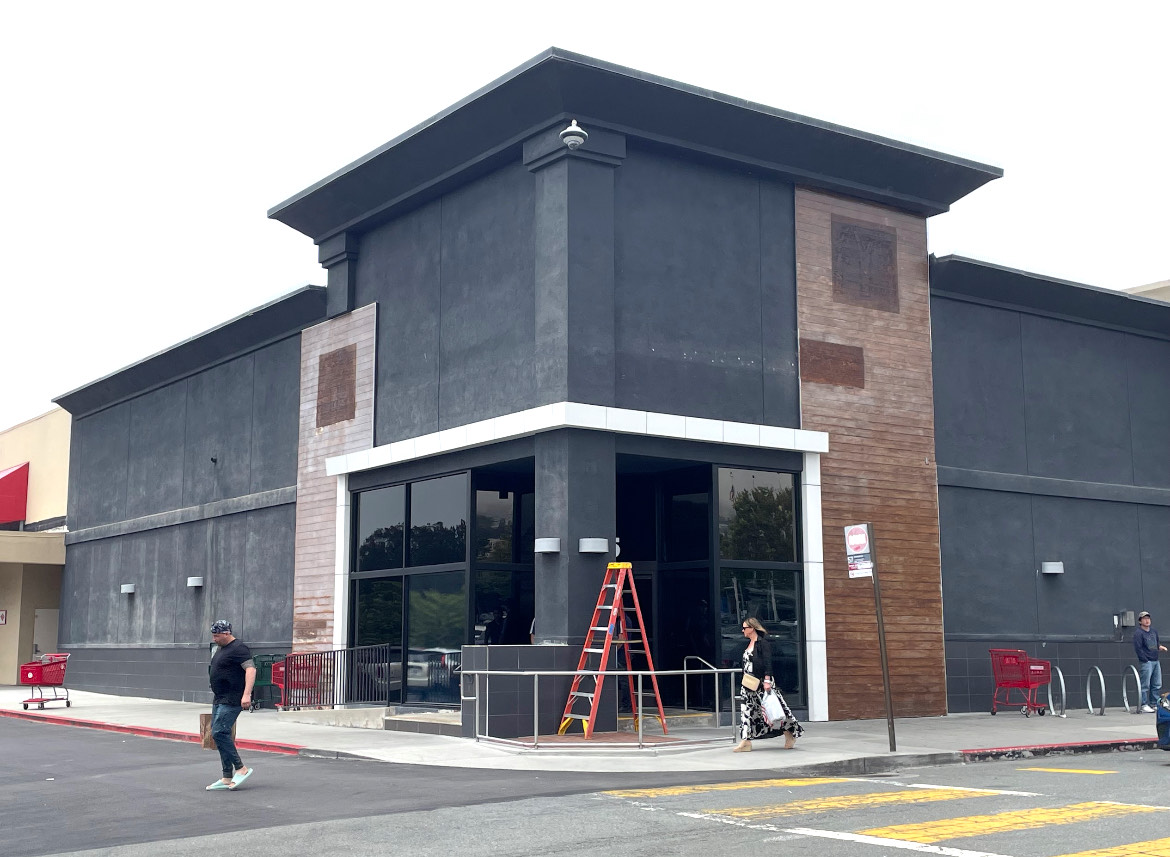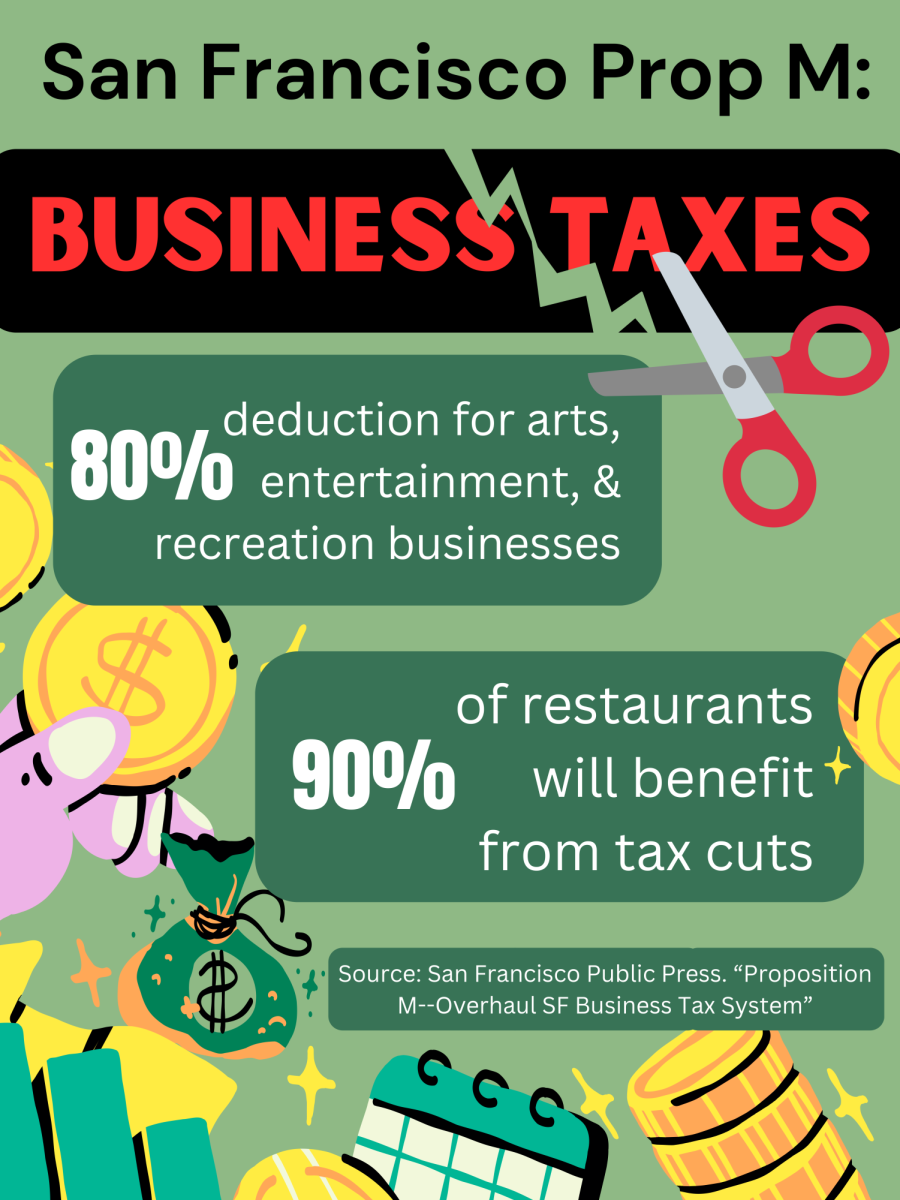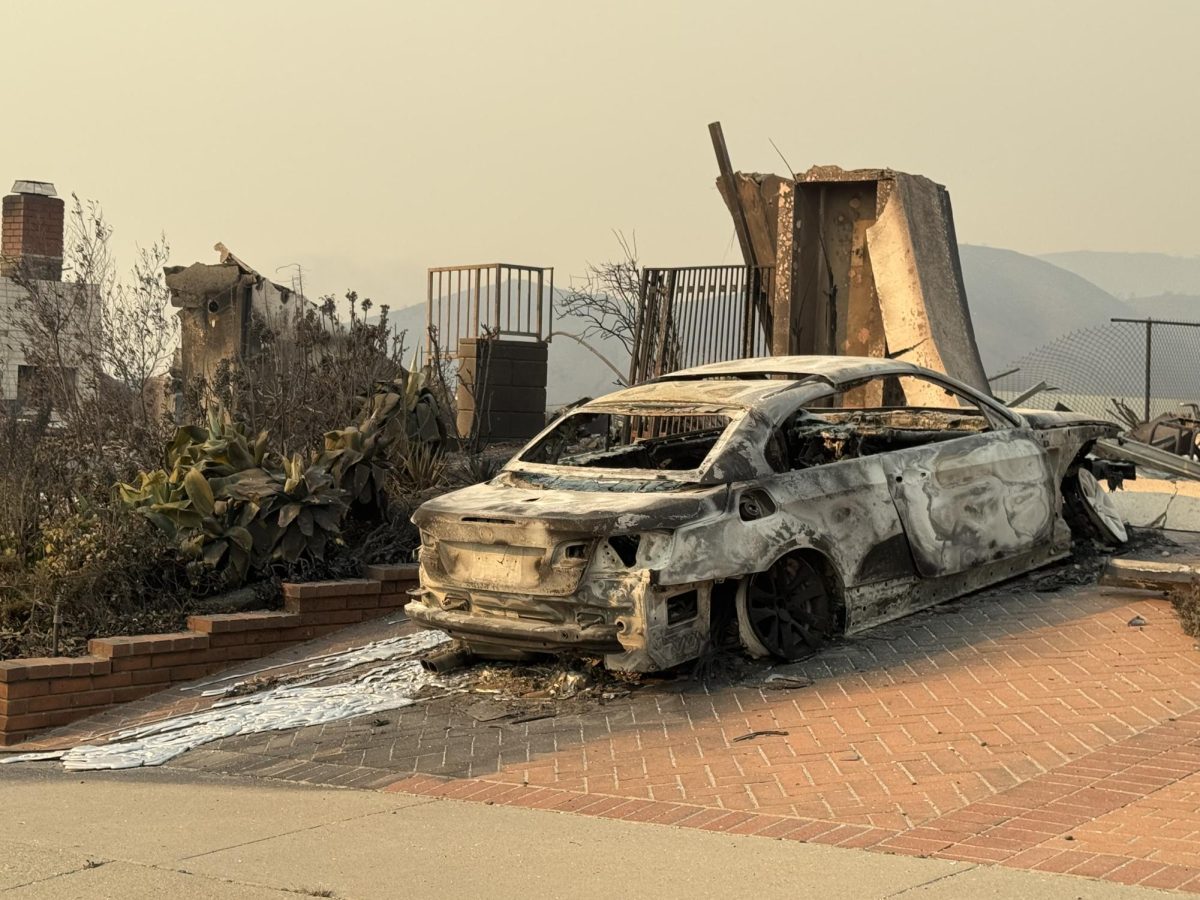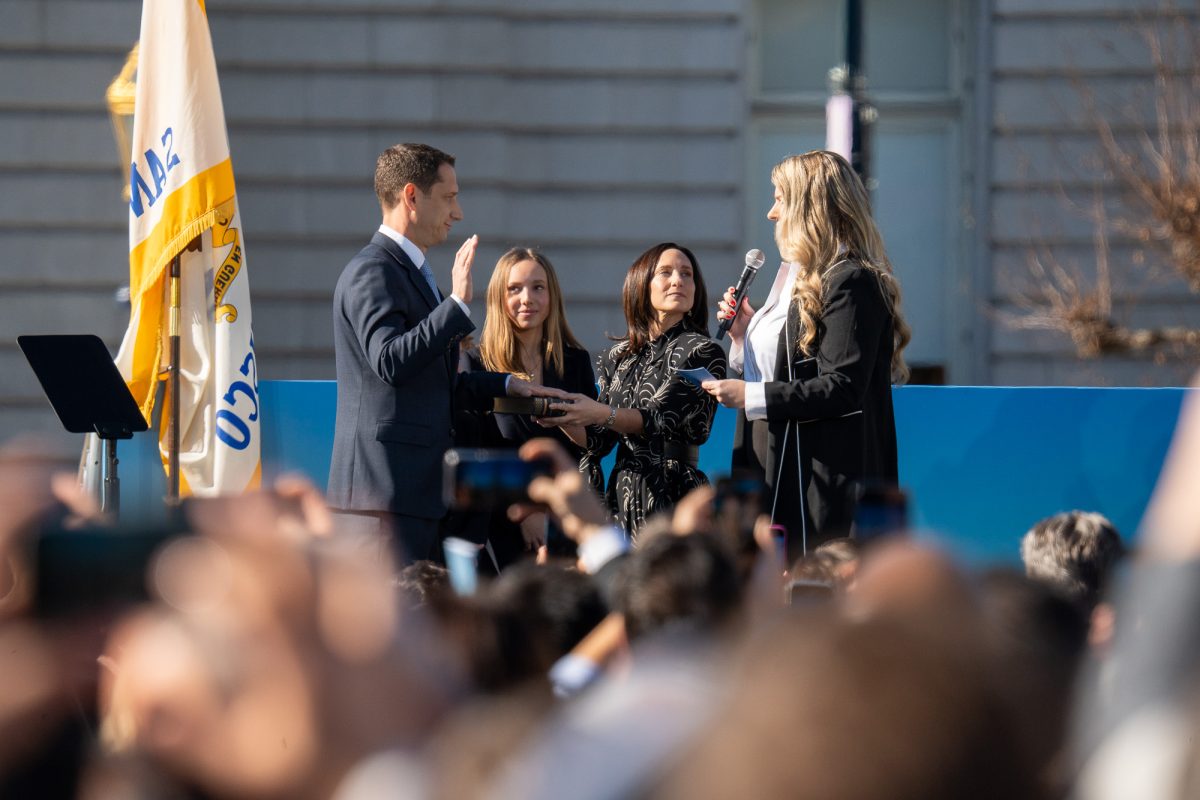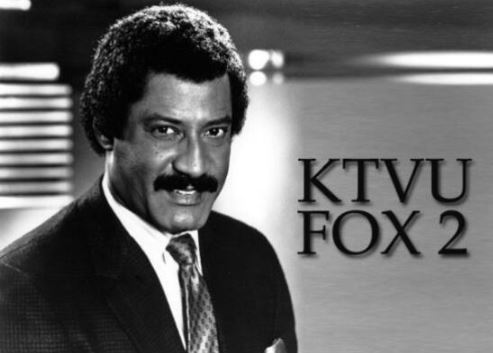The use of Artificial Intelligence, known as AI, in the classroom both positively and negatively impacts students.
AI is used in many different ways. Whether it’s simply requesting a baking recipe or asking for a list of things to do on vacation, the robot can benefit many.
As time goes by, more and more people find themselves using AI sources to help them with personal problems. Students may use it to help them with homework, scheduling, and brainstorming whenever they need to. They can turn to machine intelligence that answers their questions quickly.
“I feel like AI is helping out students and helping businesses improve their work ethics,” said Brandon Liu ’26.
However, the problems with AI remain. Students also ask the robot for too much help, like writing their assignments for them and claiming it as theirs. These effects of plagiarism are dangerous to everyone involved.
Dean of Academics Christopher Fern stated, “AI negatively impacts students when it is used unethically, such as being used to do work for the student either without teacher permission or without citing that work.”
Now at Archbishop Riordan, a new rule for Artificial Intelligence is in place. The policy explains how the use of AI must be approved by a teacher and put in the directions of that assignment. If a student’s work turns out to be AI-generated and was not approved by a teacher, it is a violation of academic integrity.
The school-wide policy benefits the faculty and the student body because it makes clear that the usage of AI without citations brings consequences.
Recently, all teachers on campus participated in a Professional Learning Community where faculty members experienced the functions AI has and what it brings to education.
Fern announced, “We gave teachers an opportunity to try out the tools, see what it can do, and brainstorm creative ways to implement AI in the classroom.”
The utilization of AI in the classroom has its advantages and disadvantages. Everyone has their own opinions about the subject, but it is important to take into consideration the damage it can cause to a student’s academic reputation, and teachers advise students to use it wisely.




